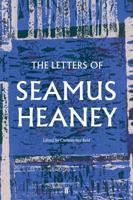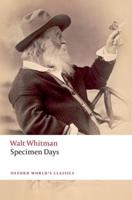Publisher's Synopsis
Already one of the most famous of American poets, Ezra Pound (1885-1972) was an expatriate living in Rapallo, Italy, by the time he began his six-year correspondence with Idaho senator William Borah (1865-1940). These thirty-one previously unpublished letters document Pound's efforts to educate, for the role of the presidency, one of the few Republican statesmen he believed could beat Roosevelt if nominated. Pound worked feverishly to recruit Borah as an advocate of the radical economic theories he believed would solve his homeland's problems. In a series of letters that continued throughout the 1930s, Pound hammered home to Borah his convictions about political and economic reforms. Prime among his pet proposals was stamp scrip, a self-taxing currency that discouraged hoarding by means of a monthly stamp that progressively reduced its value by 1 percent. Pound's correspondence with Borah reveals the split persona that characterizes his letters as a whole. On the one hand, his letters depict an advisor confident of possessing the necessary savvy to beat FDR and successfully end the Depression while also keeping the United States out of a looming European war.;On the other hand, Pound emerges as a man in turmoil, frantic to influence from his distant post the course of American politics by convincing those in power of the theories he espoused. Borah, then chair of the Foreign Relations Committee, responded politely to Pound's diatribes and met with him briefly when Pound returned to the States in 1939. The correspondence, though mainly one-sided, reflects how strongly each man adhered to his personal convictions, Pound in favor of and Borah increasingly opposed to fascism .Enhanced by Sarah C. Holmes's generous annotations on the individuals, organizations, legislative bills, and theories Pound mentions - often cryptically - in his letters, this volume broadens our understanding of Pound's convictions, especially his admiration for Mussolini, and raises new questions about mixing poetry with politics.









